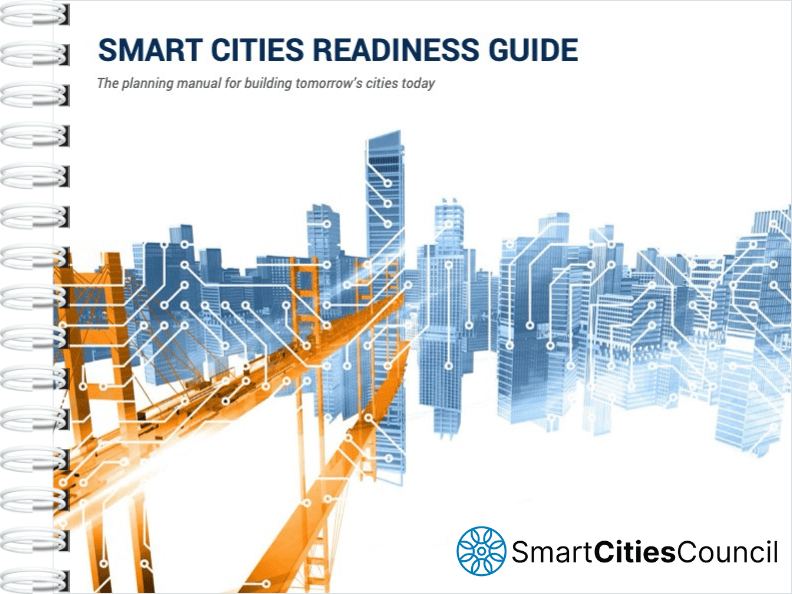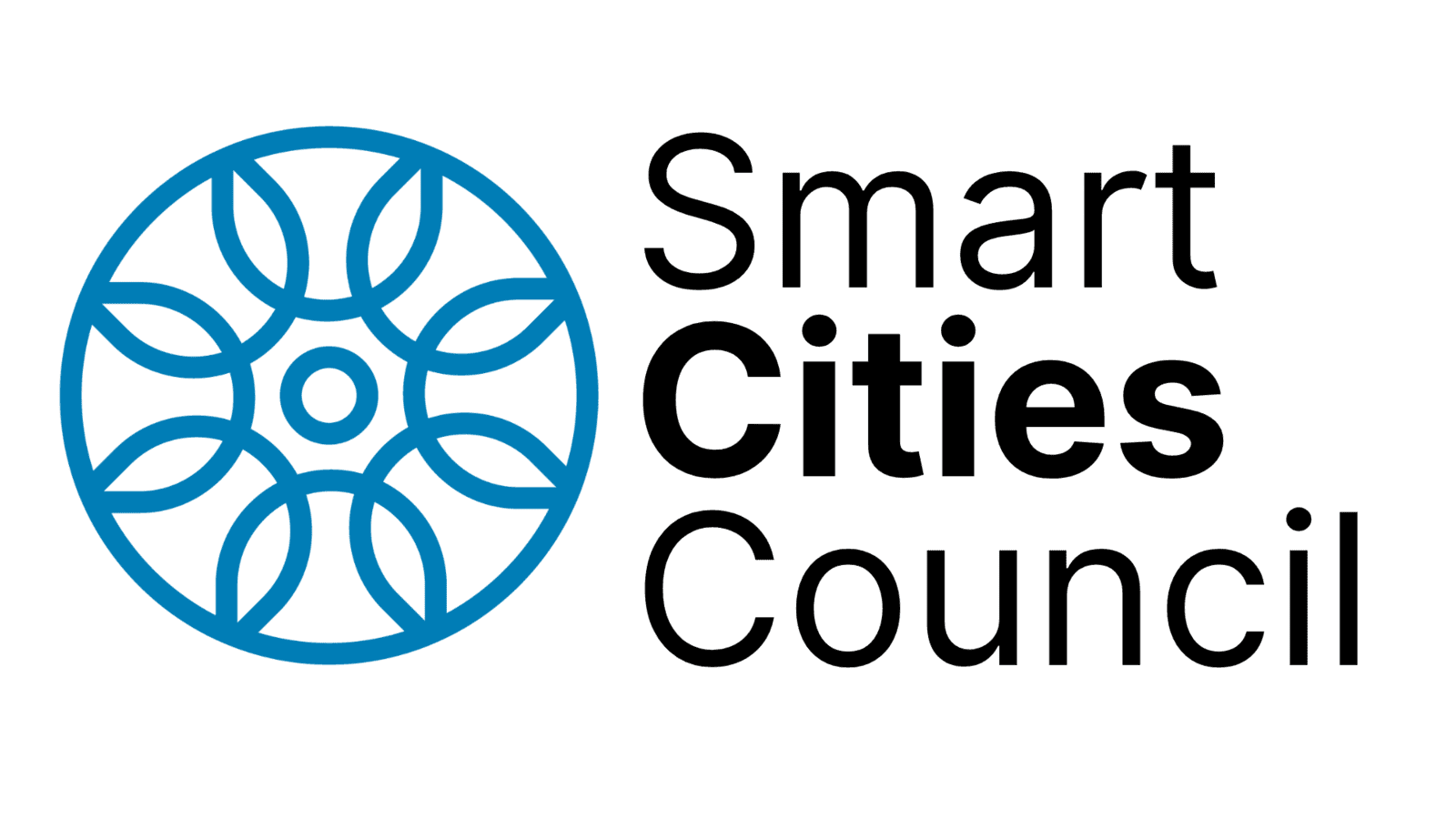City Readiness Accelerator Program
Smart Cities Council Cities Readiness Accelerator is a program tailored to your city needs to guide you through the steps to become a resilient and efficient city through the use of technology and innovation. The program ensures cities don’t navigate resilience and readiness alone, but gain the methods, models and partnerships to succeed faster, with lower risk and higher confidence.
- Climate change is fuelling extreme weather and natural disasters.
- Aging infrastructure strains under growing demand.
- New mobilities and digital technologies transform how people move and live.
- Cyber and physical security threats challenge public safety.
- A holistic, system-wide perspective.
- Cross-department collaboration and leadership.
- Open standards and interoperability across ICT systems.
- Finance, planning, and change management skills that are often scarce.
Gain curated support to accelerate your pathway to resilience and technology adoption.
Participating cities are invited to share their priority focus areas such as data governance, AI readiness, digital services, interoperable mobility, energy transition, resilience planning, and more.

The program provides:
Facilitated readiness workshops – structured, guided sessions on city priority areas.
Expert insights – access to leading practitioners where specialist knowledge is required.
Global case studies – examples of peer cities addressing similar challenges.
Go-to-market and stakeholder communication support – helping showcase progress and secure buy-in from community and leadership.
Networking through a global community – connect with those pursuing similar goals, and showcase progress and projects on a global stage.
Education - 2 x Smart Cities Council Academy seats.
Thought Leadership – Participation in global speaker portfolio and online opportunities.
Task Forces – Participate in relevant industry working groups, delivering change pathways and resources.
Benchmarking and Maturity Assessments - Additional fee, as requested
To learn more, click the button below.

Cities enrolled in the program progress through:
A shared vision for future readiness and resilience.
A cross-cutting task force to lead change internally
A readiness and resilience roadmap with principles, metrics, priorities and milestones.
A stakeholder engagement plan to mobilise support.
Investment-grade projects ready for financing and delivery.
These outcomes accelerate real-world implementation, helping cities move more quickly from ambition to action – reducing risk, accelerating adoption and building confidence.

In 2015, Smart Cities Council launched an enhanced version of the landmark Readiness Guide during Smart Cities Week – North America’s first major smart cities conference and expo.
The Guide offered a world-leading framework for government leaders to enhance the livability, workability and sustainability of their cities. At the date of launching the 2.0 version, the Guide had been downloaded by thousands of city leaders and other stakeholders from around the world.
Designed with input from leading smart city and urban planning experts as well as top global technology companies, the vendor-neutral guide enabled city leaders to assess their current state of technology and readiness to become a smart city. Originally launched in 2013, it included a collection of guidelines, best practices and more than 100 case studies to help cities make faster and better decisions for constructing a smart city roadmap and selecting the necessary technologies to get the most from their investments. The new version tripled the number of case studies and includes a new chapter on waste management, sections on the new ISO 37120 Smart City standard, more emphasis on the important role that citizens play, and other additions and improvements.

